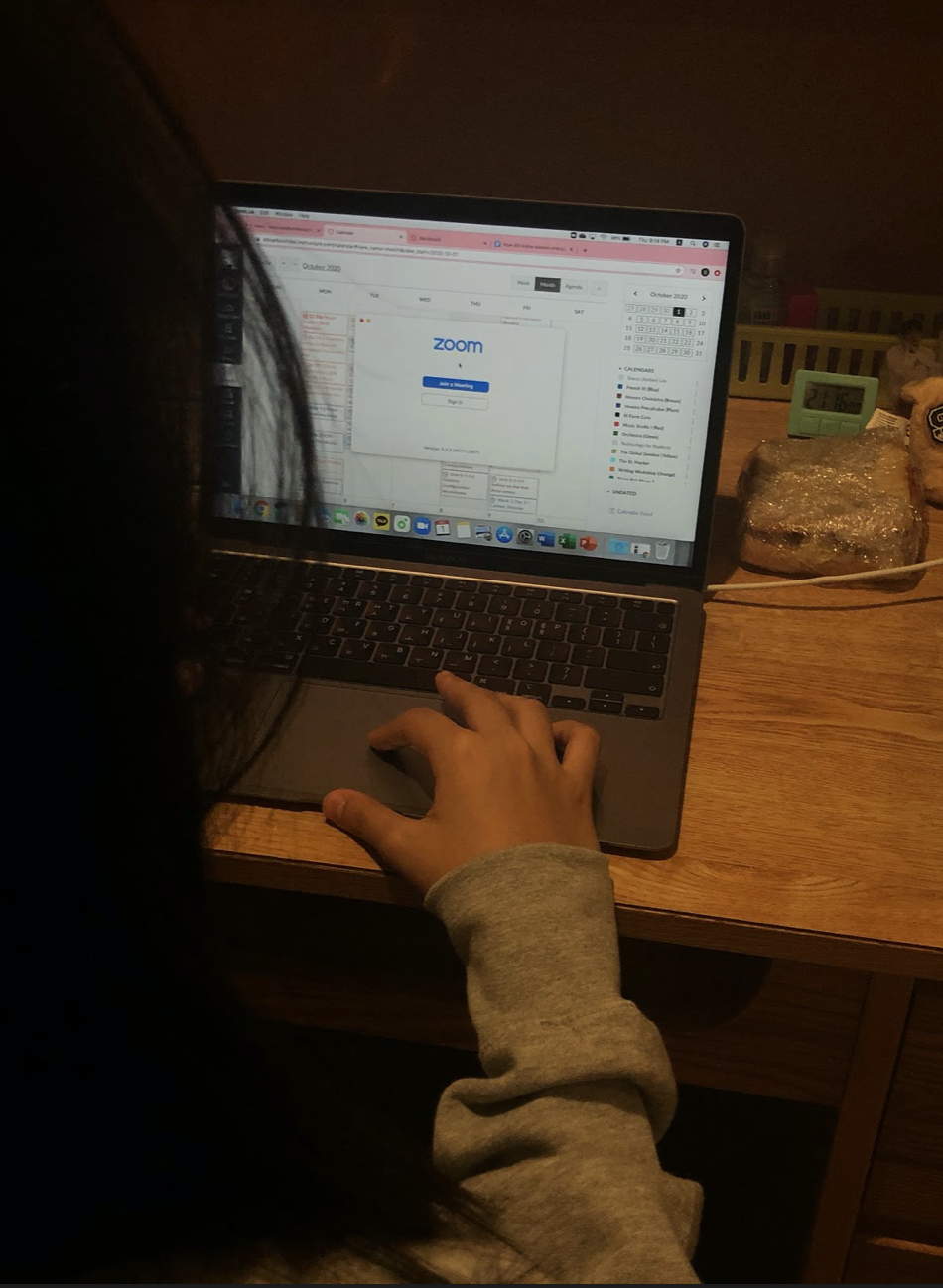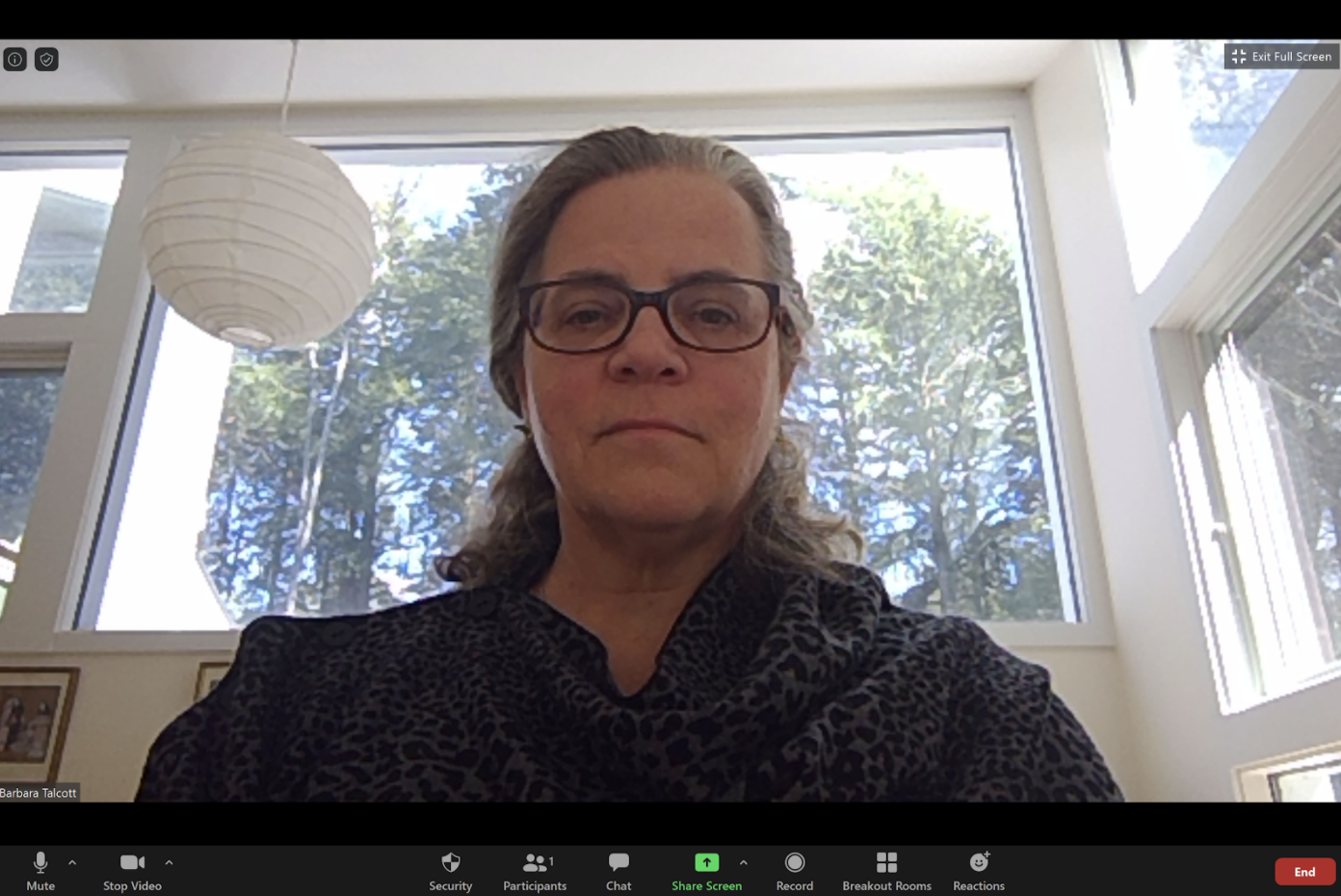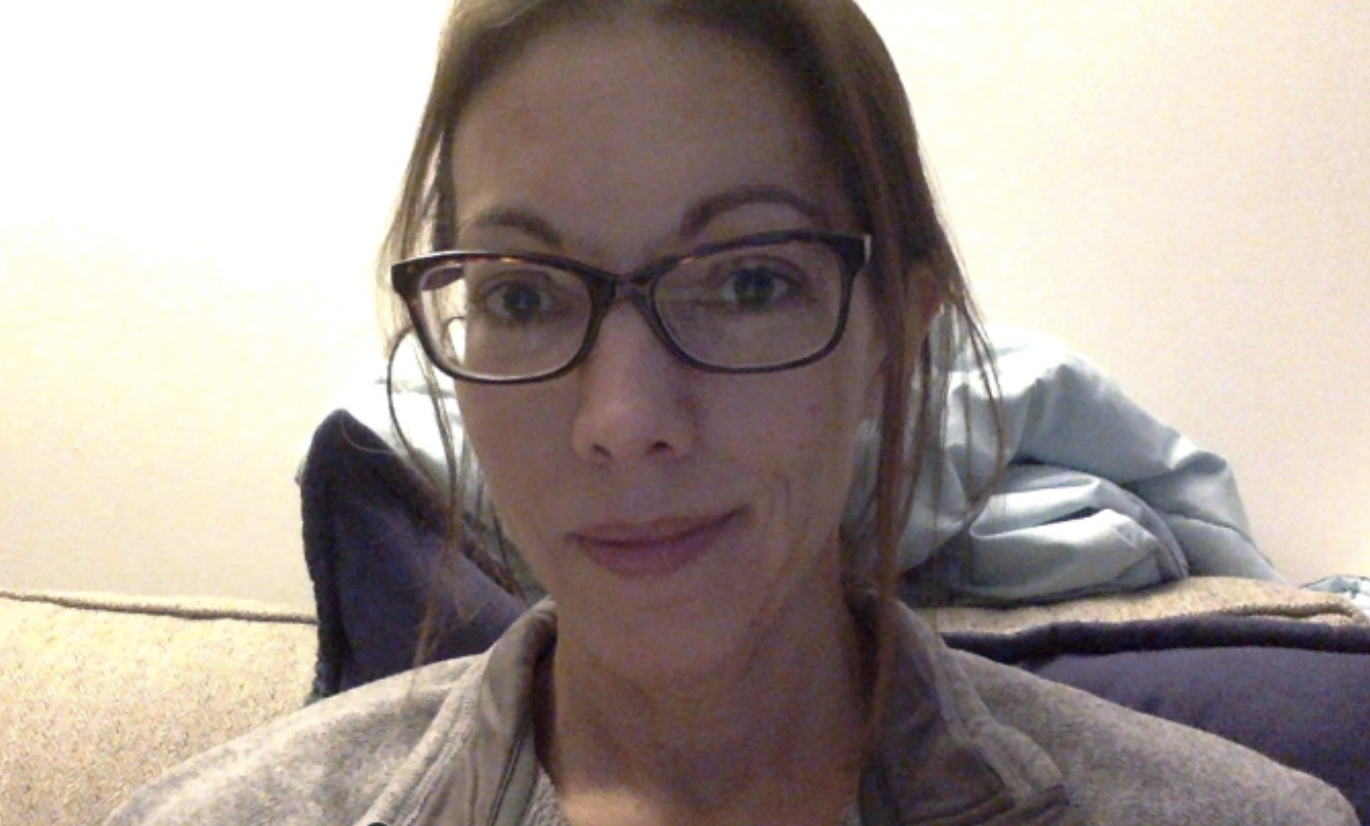By Sophie Chiang ‘23
Trump’s contentious beliefs and wrongful acts certainly make it easy to want to dismiss the Conservative party as a whole. His narcissism, xenophobia, and blatant disrespect have truly painted his party in a negative light, especially in the eyes of our St. Markers. But does that mean Republicans and Democrats should live in constant division?
In a recent chapel, it was mentioned that the Young Republicans club did not yet have a leader this year. However, the SM mock election revealed that there are, in fact, at least 63 Republicans on campus. Though they make up the minority, any of them are eligible to step up as leader of the club. Nobody has. This got me thinking, why is that? In a community where leadership positions are so sought after, why has nobody stepped up? Perhaps, it’s because of the controversy in sporting a conservative stance in today’s divisive political climate.
Dealing with controversial topics and controversial stances can be difficult. In a school of vastly liberal students (with 79% voting for Biden in the mock election), St Mark’s conservatives may be reluctant to lead a Republican club. Each party has differing positions on topics ranging from basic human rights to economic policies, leading to an increasingly polarized world. But we are a school under one roof, and so we must learn how to handle different viewpoints with clarification, reflection, and compromise.
When controversy arises, we need to clarify the nature of the conflict by setting forth all the information needed. Each side should explain clearly why they stand behind their conviction and offer any relevant evidence, being impartial and using reason wisely. Then, each side should reflect on what the other person has to say. Using prudence and poise, each side should think deeply about the others’ stance, taking it in completely. This requires an open mind, without prejudice or assumptions.
Not every Democrat is an easily offended hippie and not every Republican is a heartless Trump-worshipper. Not every person has as extreme a view as you might assume. We mustn't demonize any one side. You might even come to find out that you have more common ground than you thought on certain issues with a member of the opposite party. But what if you don’t? If you come to disagree strongly with the other person, be sure to do it with maturity. Civil disagreement demands poise, empathy, and compromise. Both sides should be willing to accept that there may not necessarily be a “right answer” or a way to get the other person to agree completely. But of course, use your judgement. If you are disagreeing on something as basic as women’s rights or gay marriage, it is okay to simply walk away from the conversation.
We should keep in mind our differences but not let them prevent us from respecting other groups’ beliefs. We shouldn’t silence someone’s opinion, but instead hear them out. If you don’t believe it is right, give them food for thought to let them change their own mind. Democrats and Republicans have a lot to learn from each other, and by hearing each other out, we might realize that the other actually has some valuable points to present.







